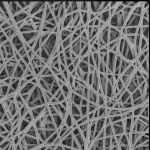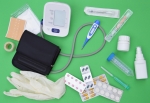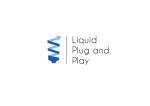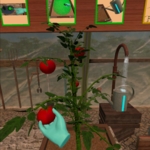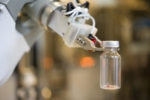
Focus on innovative drug development - accurate, time- and cost-saving
Drug research is a complex and costly process that requires extensive laboratory analyses and vast quantities of consumables, with disposable sample carriers in particular being used in their millions. PHABIOC GmbH has come up with a solution in the form of the SpecPlate, a ground-breaking alternative to sample carriers that reduces the time taken to perform analyses as well as the quantity of materials consumed. Serial production is underway.
https://www.gesundheitsindustrie-bw.de/en/article/news/focus-innovative-drug-development-accurate-time-and-cost-saving